Poor dietary habits contribute significantly to increased blood pressure. When a person is middle aged. high blood pressure is a natural part of the aging process, which combined with poor diet can lead to many side effects.
In developed countries, about 15-30 percent of all adults suffer from high blood pressure - hypertension. High blood pressure puts strain on the heart and arteries, causing damage to delicate tissues. This is a significant indicator of heart disease and diseases of the kidneys and eyes. The higher your blood pressure, the greater is the risk of atherosclerosis you carry (clogging/hardening of the arteries), myocardial infarction (heart attack) and stroke.
Blood pressure also increases with increased physical activity. It rises during exercises or stress, and falls when we are at rest. In addition, blood pressure increases with age and weight - obesity is a common contributing factor. A person may be genetically predisposed to hypertension too. High blood pressure usually does not cause noticeable symptoms, but it does not cause any easily visible damage to the arteries and organs. There comes a time when these side effects become visible and irreversible, the damage at the end can be fatal. Hypertension is not called the "silent killer" accidentally.
Dietary advice for hypertension
If you suffer from high blood pressure, there are some practical suggestions to improve your eating habits and reduce your blood pressure.
Choose a healthy and balanced diet
In short, the ideal eating plan for lowering blood pressure is high in fruits, vegetables and low-fat dairy foods that are low in saturated fat. The food must also be low in cholesterol, high in fiber, potassium, calcium and magnesium, and moderately high in protein.
Reduce your intake of sodium (salt)
Eating too much salt or sodium-rich foods leads to a greater uptake of fluid and causes a greater flow of blood, which became part of the circulatory system. It also puts extra pressure on the arteries (blood vessels that expand/shrink to regulate blood pressure and blood flow). As a general rule, eat less processed and more fresh foods. Sodium is found naturally in foods such as fresh meat, nuts, grains, fruits, vegetables and dairy products in much smaller quantities than in processed and canned foods.
Note the following
People with high blood pressure should eat slowly, often smaller portions. Remember that overeating further raises blood pressure.
Food should be in varied meals, should not be less than 5-6 a day and dinner should be at least four hours before bedtime. A full stomach pushes your heart and increases blood pressure.
In your daily menu, carbs should be more present than proteins.
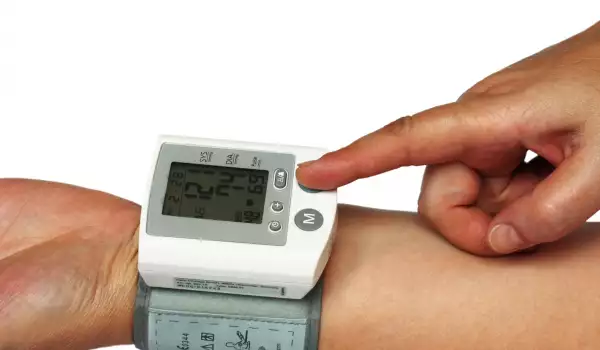

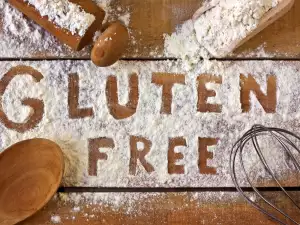
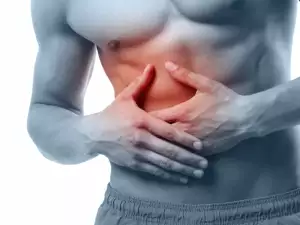

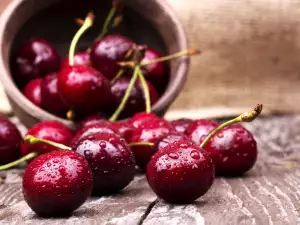

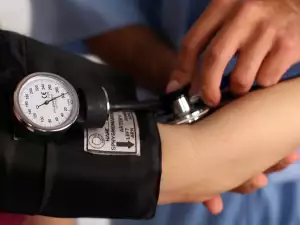


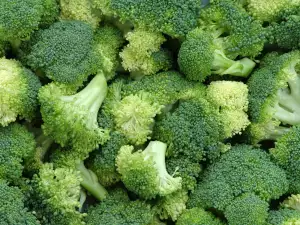


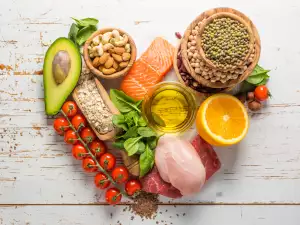





Comments